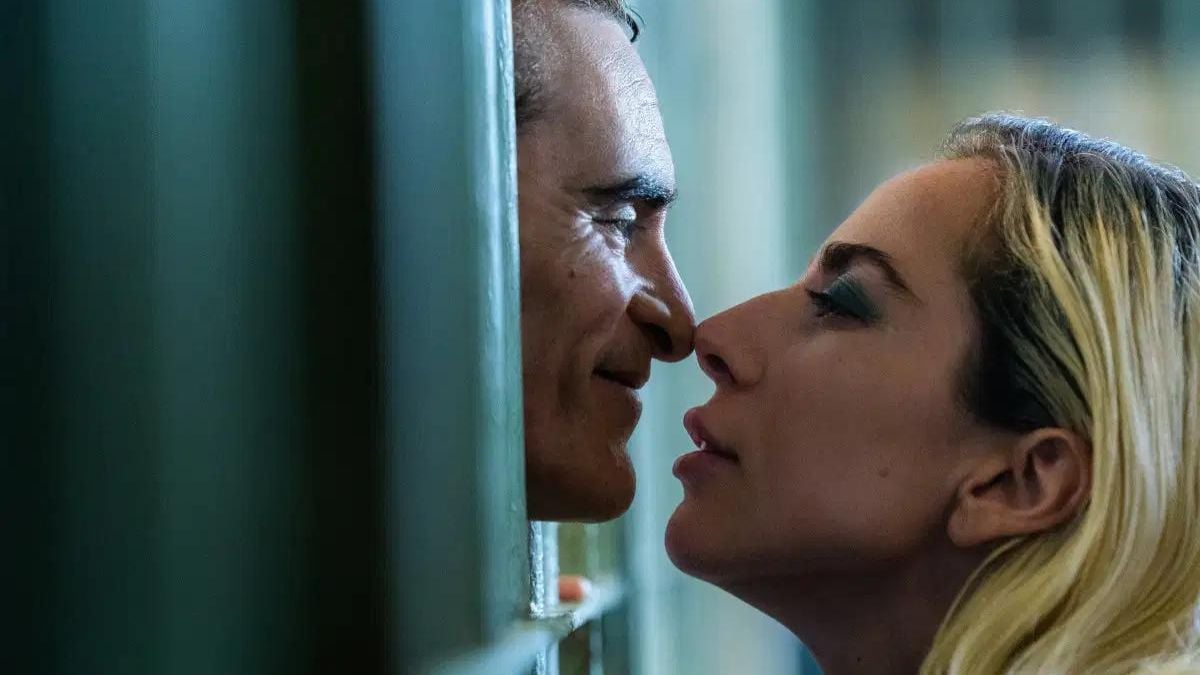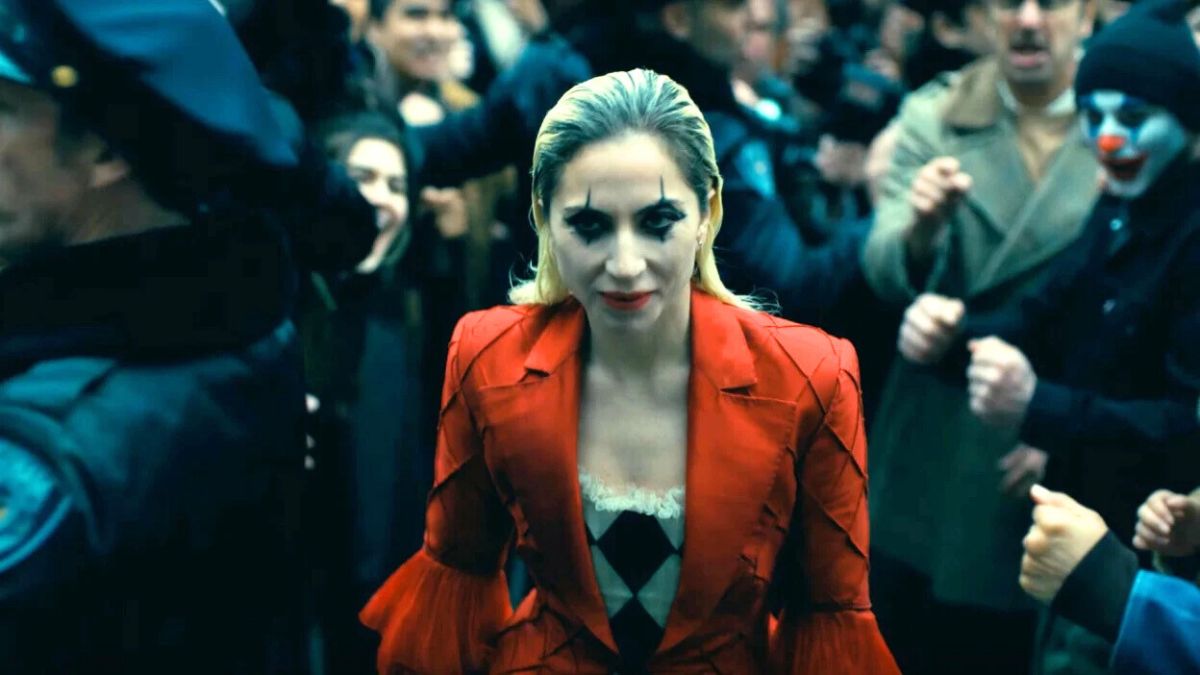If you’ve spent any time on the internet in the last couple of years, you may have heard about this niche, barely spoken-about term called “superhero fatigue,” wherein moviegoers of all persuasions claim to be fed up with the swath of comic book adaptations that have been finding their way to the big screen.
Kraven the Hunter‘s already-doomed theatrical run is the latest exhibit, but the loudest example in the last while is Joker: Folie à Deux, Todd Phillips’ long-awaited sequel to his Oscar-nominated psychological thriller based on the iconic DC Comics villain. Everyone hated it, and enough people decided that preemptively to ensure its failure at the box office.
But now that it’s on streaming, everyone can take advantage of a less-consequential viewing experience to make an informed opinion, and that’s precisely what’s happening now. Per FlixPatrol, Joker: Folie à Deux is flying high at the top of the Max film charts in the United States at the time of writing, having dislodged Tim Burton’s box office beast of a legacy sequel Beetlejuice Beetlejuice, now enjoying the show from second place.
Joker: Folie à Deux sees Joaquin Phoenix reprise his role as Arthur Fleck, a clown-turned-murderer-turned-martyr who now finds himself as an inmate of Arkham State Hospital. There, he meets and falls in love with one Lee Quinzel (Lady Gaga) and stands trial for his crimes. Along the way, he finds himself on a path towards self-reevaluation.

An abundance of the hatred received by Folie à Deux is rooted in the fact that it was not the movie that everyone was expecting it to be. But, really, doesn’t that say a lot about the state of our viewing habits? That we’re evaluating films based on our expectations or how well it serves our egos rather than seeing it for what it actually is?
As for what Folie à Deux is, it’s an ungentlemanly middle finger to everybody who didn’t understand what its predecessor stood for; an unsettling takedown of the cynicism and apathy that so much of the world insists on operating from, and the tragedy inherent to assimilating into it. We’re not meant to root for Arthur; we’re meant to root against his descent into that darkness.
Folie à Deux is about the same thing as Joker, except it goes in the opposite direction. Throughout the film, Arthur slowly comes to realize that he doesn’t actually want to embody apathy, and remembers the love that he once insisted upon inhabiting. By the end of the film, he fully rejects the Joker persona and commits to sincerity once more, and what’s his reward? Real-life audiences hate him, critics hate him, diegetic cultists hate him, and he’s also murdered for it.
Indeed, Folie à Deux sought to call attention to how emotionally dangerous it’s become to operate from a place of radical love, and by evaluating and subsequently bashing the film on account of it not serving our expectations, we are complicit in the very apathy that Joker and Folie à Deux tried so hard to warn us about.











Published: Dec 16, 2024 09:58 am